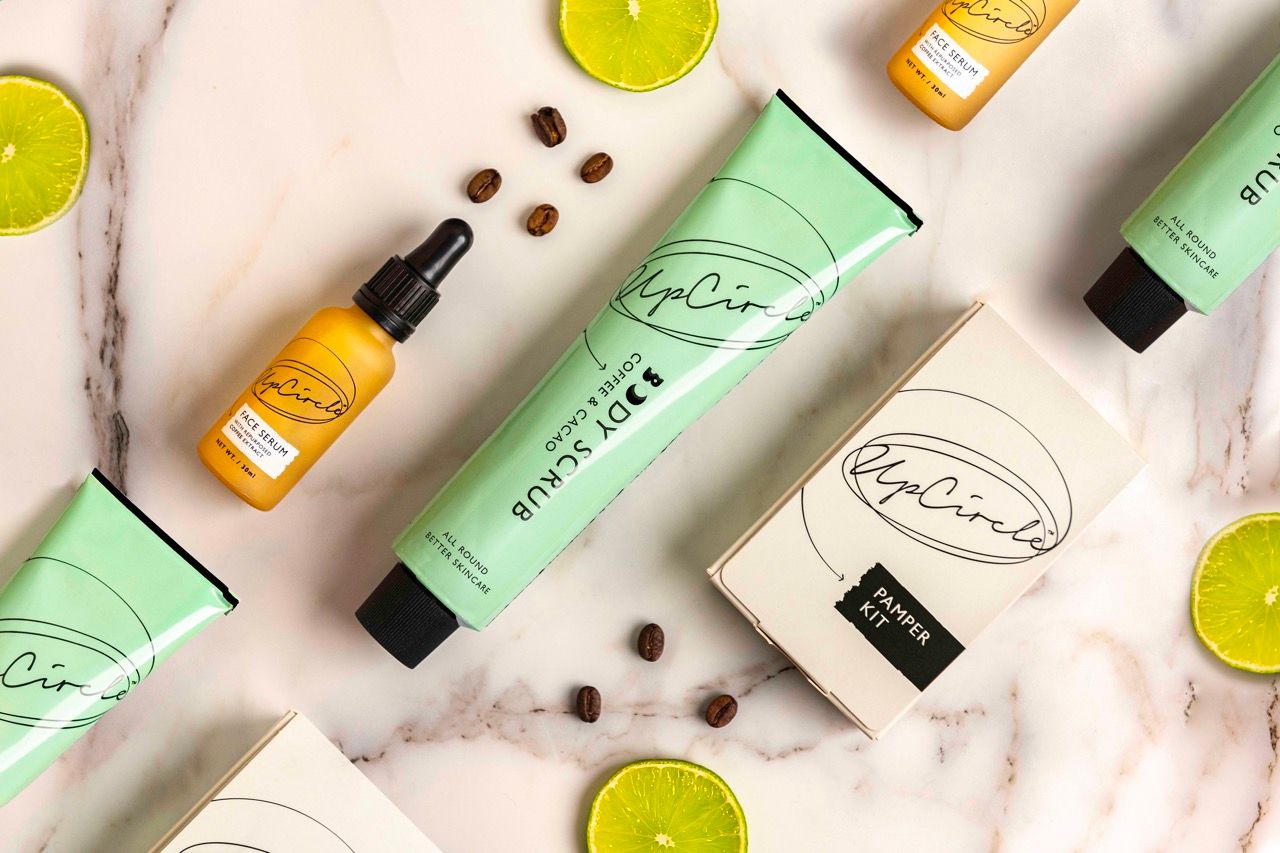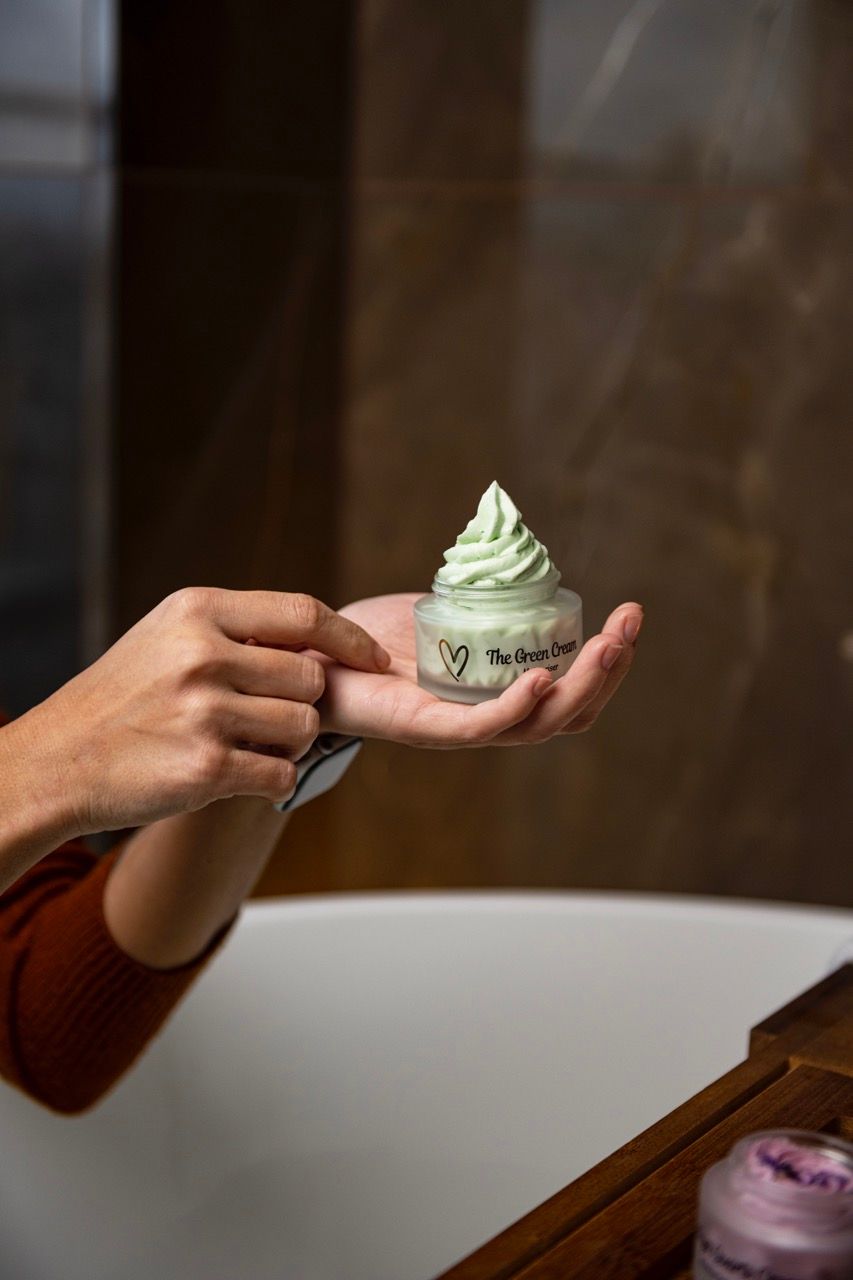Blog>Inside The Industry: Beauty and Cosmetics Consumer Trends for 2023
Inside The Industry: Beauty and Cosmetics Consumer Trends for 2023

Amber Callender
2023-05-25T06:00:00.000Z
Beauty consumers are now more informed than ever, shaping the way in which brands communicate with their audience as well as product development. Fuelled by increasing demand for hyper personalisation, sustainable production practices and ingredients, science and tech are set to be the key drivers for this year.
Increased Transparency
Across all the industries, consumers are calling for greater transparency. This is in part due to the decline in brand trust, a report from Edelman highlighting that 70% of consumers surveyed consider brand trust to be more important today than in the past. For the beauty and cosmetics industry this means providing more detailed product information, showcasing the ethical nature of ingredients and brand values.
According to the THG Ingenuity 2023 Beauty Trends Report, consumers are approaching beauty products in the same way they would nutrition, exercise and supplement choices, shifting their focus towards ingredients and functionality. Brands like The Ordinary are ahead of the curve, anticipating this shift by incorporating product ingredients into their branding and packaging strategy. The brand went as far to announce plans to increase the price of certain products on Instagram, ahead of time. Industry wide price increases can be attributed to the growing cost of raw ingredients and shipping.
However, Deciem, creators of The Ordinary, took this as an opportunity to practice transparency in their communications as well as in their branding strategy. The brand made the announcements two weeks ahead of the rise, stating ‘we wanted to share news of this change with you before it happens, allowing you the time to purchase products at their current price over the next 2 weeks.’ It’s this type of radical transparency that has helped the brand to build a loyal customer base and nurture customer relationships.
Tackling Sustainability Through Biotech Innovations
The consumer desire for increased transparency, alongside increasing demand for sustainable products, has led to further developments in biotech. For the beauty industry, biotech involves harnessing the power of living organisms, such as plants and microorganisms, and replicating these in a lab. This offers a more sustainable sourcing process as, rather than relying on traditional methods of harvesting, biotech companies can make use of plant tissue culture techniques in the lab without depleting natural resources.
Palm oil is one of the most widely used ingredients in the beauty and cosmetics industry, commonly used in soaps, shampoos and lipsticks. Large scale palm oil productions often replace tropical rainforests, leading to deforestation and the destruction of biodiverse ecosystems. According to research published in CABI Agriculture and Bioscience, deforestation accounted for about 30% of global warming-related pollution emissions in 2009. Some brands have committed to using sustainable palm oil certified by the Roundtable on Sustainable Palm Oil (RSPO). However, the RSPO certification has faced criticism for not being stringent enough and for allowing certain unsustainable practices to continue, which begs the question, is this merely another example of greenwashing within the industry?
This year, C16 Biosciences launched its first consumer product using Torula oil as a palm oil alternative. Co-founder and CEO Shara Ticku commented on the sustainability issues associated with palm oil, stating that the use of palm oil within the industry is an issue the industry has struggled with for nearly a decade, but thus far has failed to show meaningful action. Torula oil is a luxe emollient made from yeast as opposed to trees.
The oil contains antioxidants with the potential to ‘help promote skin barrier function and maintain glowing skin.’ These developments demonstrate that we can harness biotech to not only meet consumer demand for products with additional benefits but tackle sustainability issues within the industry. Biotech practices offer a more efficient use of resources, requiring less land, water and energy to conventional methods.
Alongside the evident advantages from an environmental standpoint, biotech also reduces the reliance on animal-derived products. Techniques like cellular agriculture enable the production of cultured ingredients, such as collagen or silk proteins, without the need for traditional animal sources, providing cruelty free alternatives. These science driven production methods have led to the rise of the ‘professional’ influencer. We’re seeing an increasing number of brands utilising dermatologists and skincare experts to validate scientific claims brands are making.
Embracing The Natural
A survey from Nosto of 2000 consumers found that 58% of shoppers look for products promoted as ‘natural and organic’ and a further 68% of those surveyed are influenced to purchase products labelled as ‘clean.’ Aside from natural ingredients, consumers are embracing natural beauty. Between 2020 and 2022 the number of Google searches for ‘pimple patches’ grew three times globally. TikTok has played a role in this shift, offering all beauty enthusiasts the chance to become content creators, propelling the rise of authentic user generated content.
TikTok: The Product Discovery Platform
TikTok has become the platform for product discovery, particularly within the beauty and cosmetics industry. TikTok commissioned Nielsen to run Marketing Mix Models, finding a 96% higher paid media ROAS in the US compared to all other digital media measured. Whatsmore, post-purchase analysis by Fairing has shown TikTok to be the fastest growing channel for product discovery, with the hashtag #TikTokMadeMeBuyIt amassed over 42.4 billion views. In 2022 consumers stated that nearly 15% of product discoveries began on TikTok, compared to 4% in 2021.

The THG Trends Report cited research by The Fashion Network showing TikTok to be the social media platform with the strongest impact on growth for beauty brands, recording an increase of 176% year on year. The platform also offers brands a chance to demonstrate transparency in leveraging the trust and credibility of the influencer, sharing unpolished content and genuine product reviews with audiences.
A Personalised User Experience
According to Statista, 2021 was the biggest year on record for personalised beauty brands, with startups raising over $1 billion in funding. McKinsey’s Next in Personalisation report revealed that 71% of consumers expect companies to deliver personalised interactions. Aside from the increasing consumer demand for personalisation, faster growing brands have shown to drive 40% more of their revenue from personalisation than their slower growing counterparts.
Nosto research into the factors that drive brand loyalty in the beauty industry revealed online quiz-like experiences in which consumers are recommended the right products for their needs was a factor for 58% of survey respondents. L’Oréal’s Colour & Co for Hair Needs provides consumers with a three question survey regarding their hair care needs, followed by a ten minute video with a professional hair colourist, after which the consumer receives a personalised dye kit in the post. Similarly 45% of respondents cited the use of VR/AI as a factor, enabling consumers to try out a product online. Yves Saint Laurent are among the brands implementing AR tools, offering website visitors the opportunity to try before they buy, using the virtual try-on tool to test lipstick, mascara, highlighter and more. To bring these experiences to their audience, brands are working with tech companies specialising in AI/AR solutions. Perfect Corp is one of the leading brands in beauty tech, working with over 370 brands, including Mac, No7 and Estée Lauder, to name a few. According to a 2022 Statista report, developments within beauty tech are expected to increase beauty tech’s share within the cosmetics market from 1.8% in 2021 to 3.1% by 2026.
Our use of cookies
onqor.com uses cookies, some are necessary for the operation of the website and some are designed to improve your experience. For more information, click here.
Necessary cookies
Are essential to move around onqor.com and use its core functionality and enhanced features. Without these cookies, services you have asked for cannot be provided.
Functional cookies
Allow onqor.com to remember choices you make to give you better functionality and personal features.
Performance cookies
Help improve the performance of onqor.com by collecting and reporting information about how you use the website.